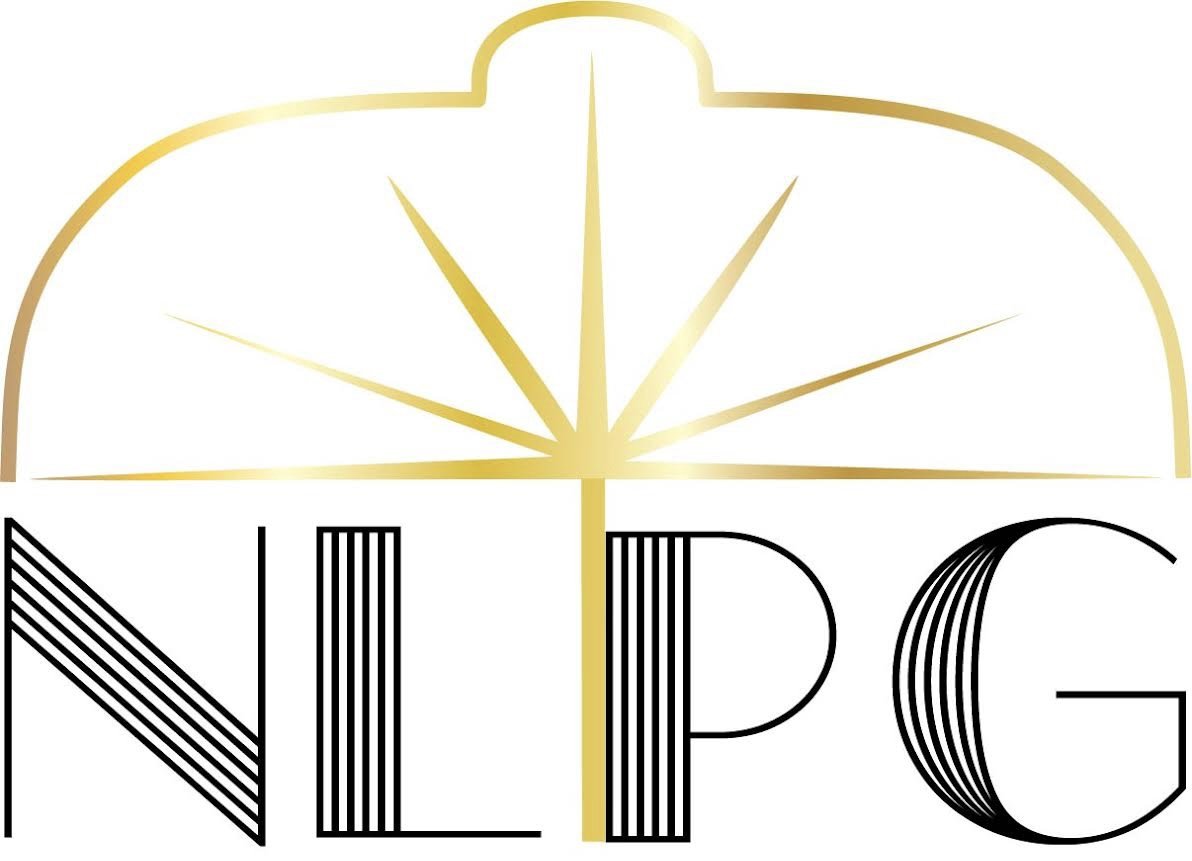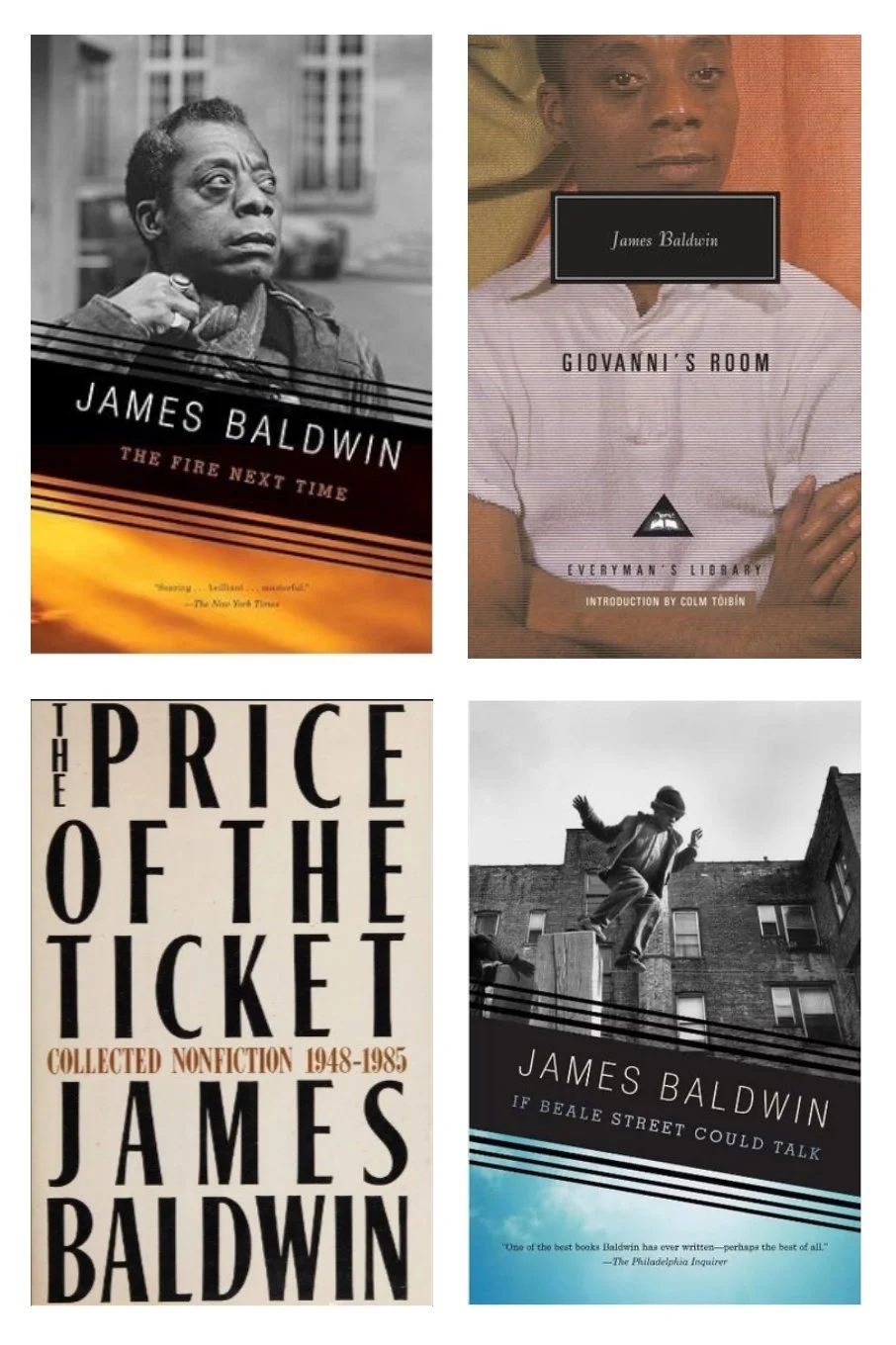For the Love of Literature
BY KHADIJA POUNSEL
Mr. Baldwin
Many Black male authors have penned classics—groundbreaking, stunning and excellent. There are four whose mastery of language, genre and storytelling have made them my literary heroes. Each of these masters is known for a specific genre or sub-genre, though often acclaimed for more than one. I read Langston Hughes’ poetry, James Baldwin’s essays, August Wilson’s plays and Walter Mosley’s novels to respectfully listen to their points of view, to follow the maps they chart and to appreciate their skillfulness.
Each author’s body of work is large. To do justice to all of them, to even one of them, would require more space than this column has. I could have flipped a coin or put their names in a hat to choose which one I would applaud here, but ultimately I let the calendar guide me. August 2nd of this year, James Baldwin would have celebrated his 100th birthday, so Baldwin it is.
If you have read this column for a while, you may recall my sharing that I grew up in a house filled with books. For this reason, many of the authors I studied in college were first introduced to me at home. James Baldwin was one such author. There were two Baldwin books that stayed in our library—The Fire Next Time and If Beale Street Could Talk. And I read them in that order.
The Fire Next Time had such a clear point of view and its images were so vivid that I did not tarry reading it. I had not read a love story authored by a man before I read If Beale Street Could Talk, but it became one of my favorites. It still is. I marveled at how Baldwin managed to tell a love story, a political story and a story of two families all at the same time. I would go on to read his other love story, Giovanni’s Room, in college. There we were in college reading about identity, love, anguish and struggle. Plus, Paris.
The cutting precision that is Baldwin’s way is present in his novels and in his essays. These days, I read his essays even more than his novels. Whether writing anger, tenderness or somewhere in between, his signature elegance is there. (And in his interviews and speeches too, but I digress.) It is that feature that I appreciate most. It is what makes him heroic to me.
Baldwin writes in the Introduction of The Price of the Ticket about the influence of artist Beauford Delaney on Baldwin’s own life. “He could inform me about Duke Ellington and W. C. Handy and Josh White, introduce me to Frankie Newton and tell tall tales about Ethel Waters. And these people were not meant to be looked on by me as celebrities, but as a part of Beauford’s life and as part of my inheritance” (page 2). I regard and hold Baldwin as a part of a literary heritage I began tapping when I first picked up The Fire Next Time many years ago. I consider myself fortunate.
Still loving literature,
Khadija Pounsel
////

